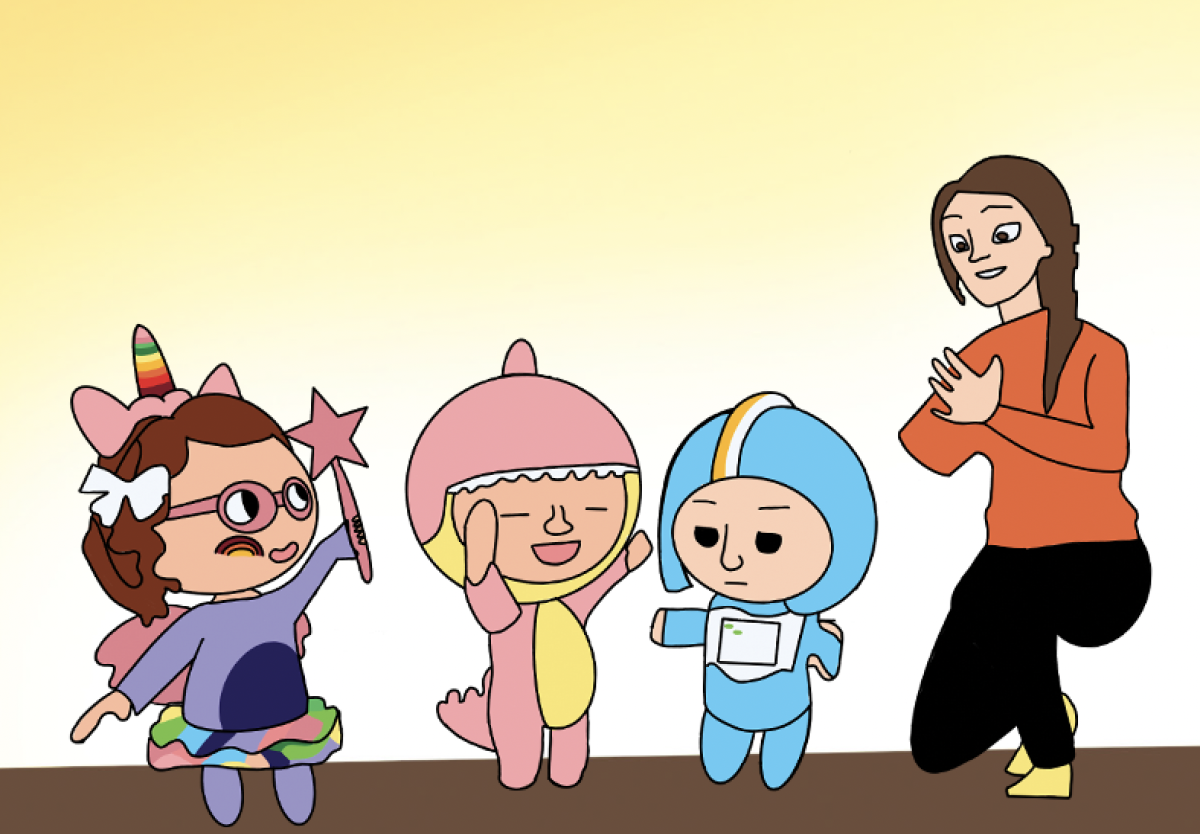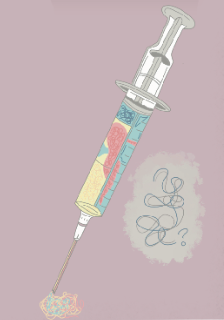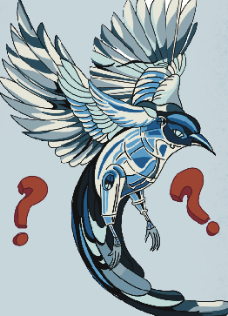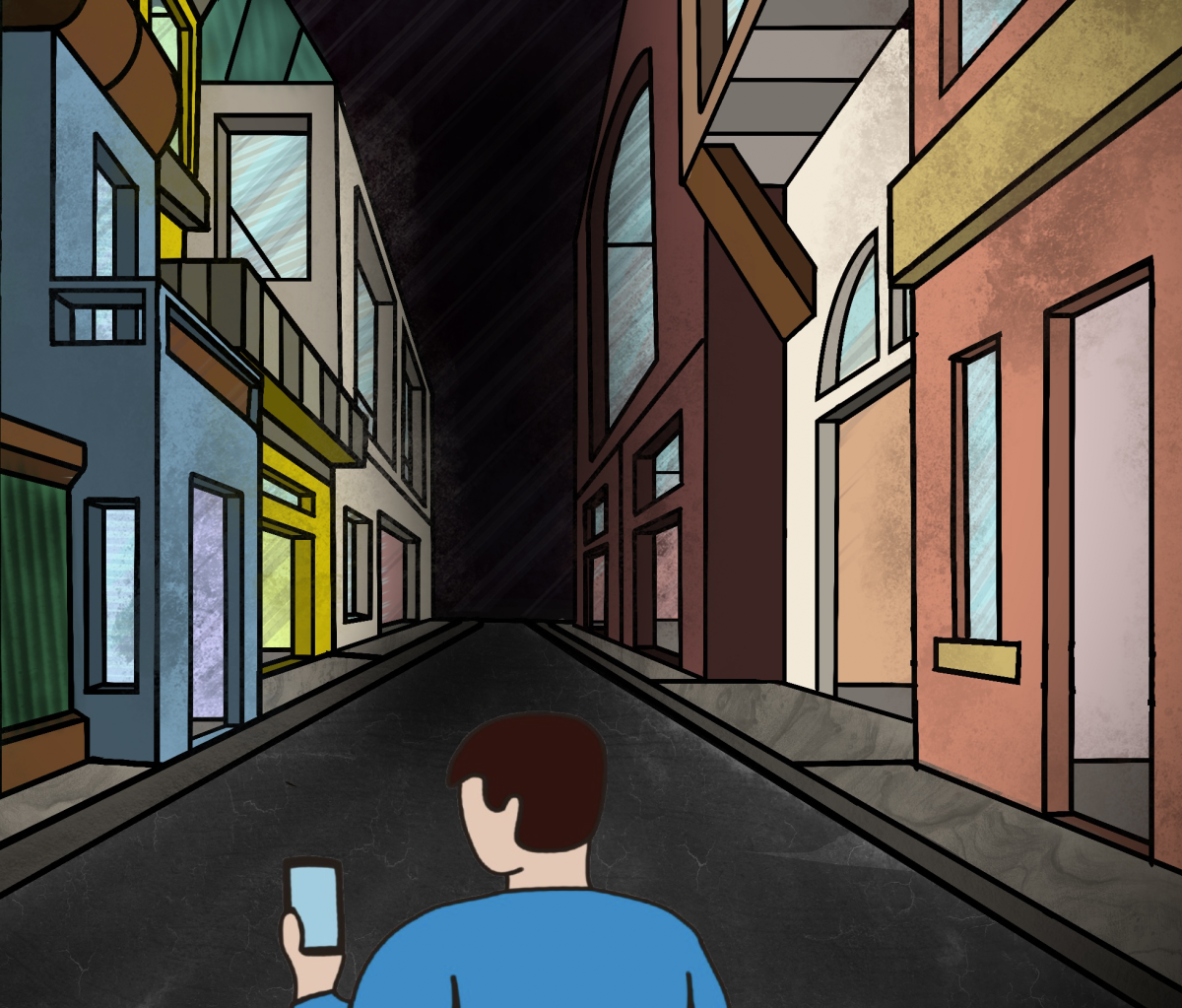“Cocomelon,” a show developed for toddlers one to four years old, was initially a huge success. Its colorful animations, warm characters and aims to teach fundamental themes and topics have made it popular among both children and parents alike. Theoretically, it works in situations where the parent is busy and needs to entertain their child. But, is it actually good for toddlers?
Some argue that “Cocomelon” facilitates a great environment for spending time with family and basking in the wonders of the young childrens’ entertainment industry. FHS senior Satvik Balakrishnan agrees, explaining that the show helped him connect with his family and that he has binged every single episode.
“When I watched a little cousin sitting on the ground watching ‘Cocomelon,’ I stopped all my work around and joined her, because Cocomelon is definitely one of the best shows I’ve watched,” Balakrishnan said.
While some argue that the show is great due to its focus on fundamental learning topics — the importance of good manners, how to bathe — rather than themes of violence, religion and politics, others find the show to be more harmful than helpful.
Shows like “Cocomelon” can lead to sensory overload, according to Roseann Capanna-Hodge, a pediatric mental health expert. An obsession with watching it will change interactions between toddlers and define new behaviors as normal — perhaps not for the best. Fast-paced shows like “Cocomelon” can reduce toddlers’ and kids’ ability to plan, control their impulses and solve problems, according to Forbes.
Shows, much like games or even drugs, all have a common substance hidden inside them: dopamine, the hormone linked to pleasure. These shows stimulate dopamine release. While dopamine is essential to our health, overusing it can weaken impulse control and induce aggression. ADHD (Attention Deficit Hyperactivity Disorder), a neurotype that affects 8.7% of adolescents and 4.4% of adults, is linked with dopamine regulation issues, as shown by researchers from Verywell Mind.
“Our brain relies on dopamine for optimal mental functioning, ” Julia Childs Heyl, a social and mental health worker said. “These differences in dopamine processing cause ADHD traits to show up.”
To add on, shows like “Cocomelon” — often containing scenes that switch every 1.5 seconds — are highly addicting, Verywell Mind continues.
“I guess it’s good if you want your kid to just like to be still and confined to watching the TV, but it gets them to be enraptured in it,” FHS English teacher Aisha Lomando said. “And then I kind of saw that when he [my child] would be watching it, he didn’t pay attention to anything else around him. That was kind of weird.”






















